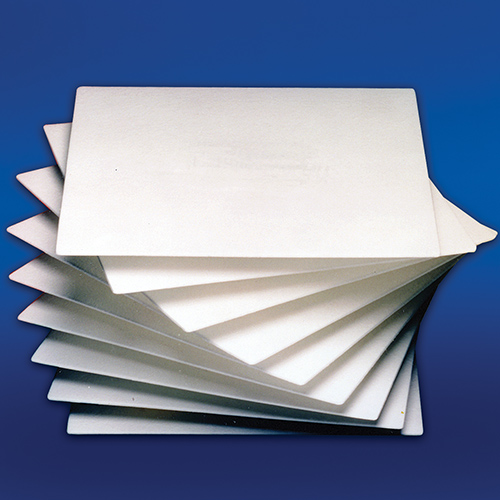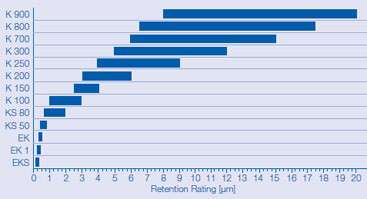Order Products

100/EA
100
| Media Material | Cellulose Fibers |
| Filter Area | 1.73 ft² |
| Size | 15.8 x 15.8 in |
| Hot Water Sanitization | 85 °C |
| See All Attributes | |

50/EA
50
| Media Material | Kieselguhr, Perlite and Cellulose Fibers |
| Filter Area | 3.95 ft² |
| Size | 23.6 x 24.1 in |
| Hot Water Sanitization | 90 °C |
| See All Attributes | |

50/EA
50
| Media Material | Kieselguhr, Perlite and Cellulose Fibers |
| Filter Area | 3.95 ft² |
| Size | 23.6 x 24.1 in |
| Hot Water Sanitization | 90 °C |
| See All Attributes | |

50/EA
50
| Media Material | Kieselguhr, Perlite and Cellulose Fibers |
| Filter Area | 3.95 ft² |
| Size | 23.6 x 24.1 in |
| Hot Water Sanitization | 90 °C |
| See All Attributes | |

100/EA
100
| Media Material | Kieselguhr, Perlite and Cellulose Fibers |
| Filter Area | 1.73 ft² |
| Size | 15.8 x 15.8 in |
| Hot Water Sanitization | 90 °C |
| See All Attributes | |

100/EA
100
| Media Material | Kieselguhr, Perlite and Cellulose Fibers |
| Filter Area | 1.73 ft² |
| Size | 15.8 x 15.8 in |
| Hot Water Sanitization | 90 °C |
| See All Attributes | |

50/EA
50
| Media Material | Kieselguhr, Perlite and Cellulose Fibers |
| Filter Area | 3.95 ft² |
| Size | 23.6 x 24.1 in |
| Hot Water Sanitization | 90 °C |
| See All Attributes | |

100/EA
100
| Media Material | Kieselguhr, Perlite and Cellulose Fibers |
| Filter Area | 1.73 ft² |
| Size | 15.8 x 15.8 in |
| Hot Water Sanitization | 90 °C |
| See All Attributes | |

100/EA
100
| Media Material | Kieselguhr, Perlite and Cellulose Fibers |
| Filter Area | 1.73 ft² |
| Size | 15.8 x 15.8 in |
| Hot Water Sanitization | 90 °C |
| See All Attributes | |

100/EA
100
| Media Material | Kieselguhr, Perlite and Cellulose Fibers |
| Filter Area | 1.73 ft² |
| Size | 15.8 x 15.8 in |
| Hot Water Sanitization | 90 °C |
| See All Attributes | |

100/EA
100
| Media Material | Kieselguhr, Perlite and Cellulose Fibers |
| Filter Area | 1.73 ft² |
| Size | 15.8 x 15.8 in |
| Hot Water Sanitization | 90 °C |
| See All Attributes | |

100/EA
100
| Media Material | Kieselguhr, Perlite and Cellulose Fibers |
| Filter Area | 1.73 ft² |
| Size | 15.8 x 15.8 in |
| Hot Water Sanitization | 90 °C |
| See All Attributes | |




